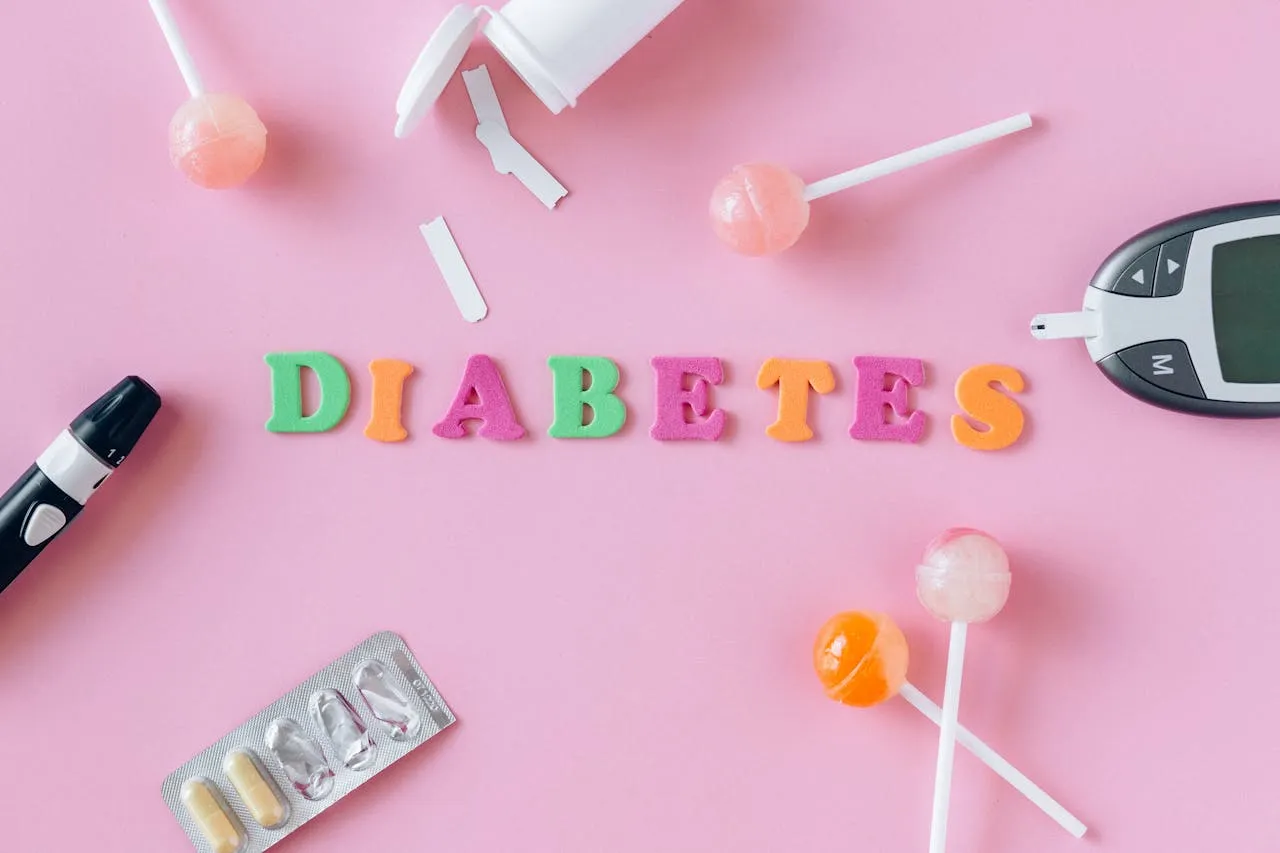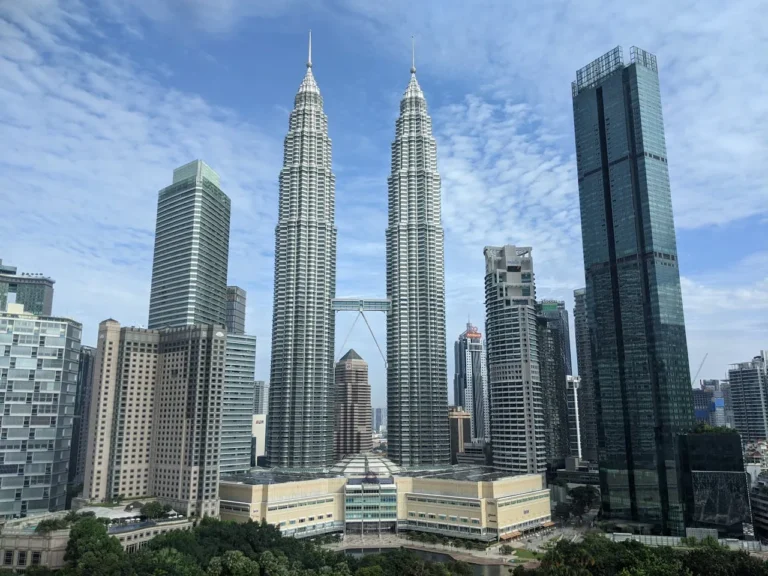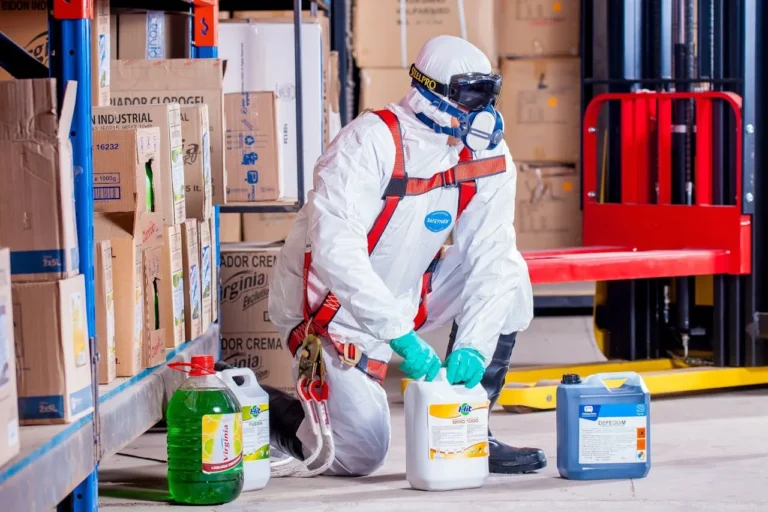
City of Hope Launches Phase 1/2 Trial to Test Osteoporosis Medication for Early Type 1 Diabetes Treatment
City of Hope®, one of the foremost cancer research and treatment centers in the U.S. and a top institution for diabetes research, has launched a phase 1/2 clinical trial aimed at evaluating the potential of an osteoporosis medication to improve beta cell health in individuals with early-stage type 1 diabetes (T1D). This innovative study is exploring whether denosumab, a drug currently approved by the FDA for treating osteoporosis and bone tumors, can protect and regenerate the beta cells responsible for insulin production.
Investigating Denosumab for Beta Cell Protection
Type 1 diabetes develops when the immune system mistakenly destroys insulin-producing beta cells in the pancreas, leading to the body’s inability to regulate blood sugar levels. Despite this, in the early stages of T1D, some beta cells remain functional, providing an opportunity for interventions that could preserve or even regenerate these cells. The new trial focuses on denosumab, which has already been shown to inhibit a protein called RANKL, typically involved in bone damage. Now, researchers aim to assess whether it can also prevent beta cell destruction and enhance their function.
“The potential application of denosumab for protecting or regenerating beta cells in early T1D is an exciting development,” said Dr. Fouad R. Kandeel, co-principal investigator and the Arthur D. Riggs Distinguished Chair in Diabetes & Metabolism Research at City of Hope. “If successful, this could open new avenues for helping patients not only in the early stages of type 1 diabetes but also in the broader diabetic population to maintain and improve beta cell function.”
The Trial’s Structure and Goals
This phase 1/2, randomized, double-blind, multicenter clinical trial will evaluate the safety and efficacy of denosumab in individuals who have early-stage type 1 diabetes and still produce some insulin. The trial will investigate whether denosumab can improve beta cell function and blood sugar control in these patients.
The study will involve multiple centers, including City of Hope in Los Angeles, the University of Alabama at Birmingham, and Indiana University, with patients aged 18 to 50 who have been diagnosed with type 1 diabetes within the last five years. These participants will receive either denosumab or a placebo, with treatment being administered via subcutaneous injections every three months over the course of a year.
RANKL/RANK Pathway’s Role in Beta Cell Health
Denosumab works by targeting the RANKL protein, which plays a significant role in bone metabolism. However, researchers at City of Hope have discovered that the RANKL/RANK pathway is also involved in the destruction of beta cells in the pancreas. Previous research from the team, led by Dr. Nagesha Guthalu Kondegowda, found that inhibiting this pathway with denosumab could protect beta cells, increasing their number and improving their function.
Dr. Rupangi Vasavada, associate professor in the Department of Translational Research & Cellular Therapeutics at City of Hope and co-principal investigator of the study, explained, “Inhibiting the RANKL/RANK pathway may help to preserve and restore beta cell health, offering a promising approach to slowing or potentially halting the progression of type 1 diabetes.”
Funding and Recruitment
This groundbreaking clinical trial is primarily funded by Breakthrough T1D (formerly JDRF), a leading global research organization focused on type 1 diabetes, and is part of The Wanek Family Project for Type 1 Diabetes at City of Hope, which aims to find a cure for the disease. The study will track participants for up to 12 months to evaluate changes in beta cell function and blood sugar control, along with monitoring for any adverse events.
Patients are currently being recruited for the trial, with the study enrolling 45 participants across three clinical sites. Thirty individuals will receive the denosumab treatment, while 15 will be administered a placebo. The treatment group will receive 60 milligrams of denosumab every three months for four doses, while the placebo group will receive a saline solution using the same injection regimen.
Potential Impact on Type 1 Diabetes Treatment
The results of this trial could have a profound impact on the treatment of early type 1 diabetes by offering a novel way to preserve beta cell function and delay disease progression. With type 1 diabetes being a life-altering disease for millions worldwide, this trial represents a significant step forward in finding more effective treatments and ultimately, a cure.
“This is a significant step forward for type 1 diabetes research,” said Dr. Kandeel. “If successful, denosumab could offer a new way to manage and even reverse the damage done to beta cells, improving the quality of life for many people living with type 1 diabetes.”
About City of Hope
City of Hope’s mission is to make hope a reality for all touched by cancer and diabetes. Founded in 1913, City of Hope has grown into one of the largest and most advanced cancer research and treatment organizations in the U.S., and one of the leading research centers for diabetes and other life-threatening illnesses. City of Hope research has been the basis for numerous breakthrough cancer medicines, as well as human synthetic insulin and monoclonal antibodies.
With an independent, National Cancer Institute-designated comprehensive cancer center that is ranked top 5 in the nation for cancer care by U.S. News & World Report at its core, City of Hope brings a uniquely integrated model that spans cancer care, research and development, academics and training, and a broad philanthropy program that powers its work.
City of Hope’s growing national system includes its Los Angeles campus, a network of clinical care locations across Southern California, a new cancer center in Orange County, California, and cancer treatment centers and outpatient facilities in the Atlanta, Chicago and Phoenix areas. City of Hope’s affiliated group of organizations includes Translational Genomics Research Institute and AccessHope™. For more information about City of Hope, follow us on Facebook, X, YouTube, Instagram and LinkedIn.







